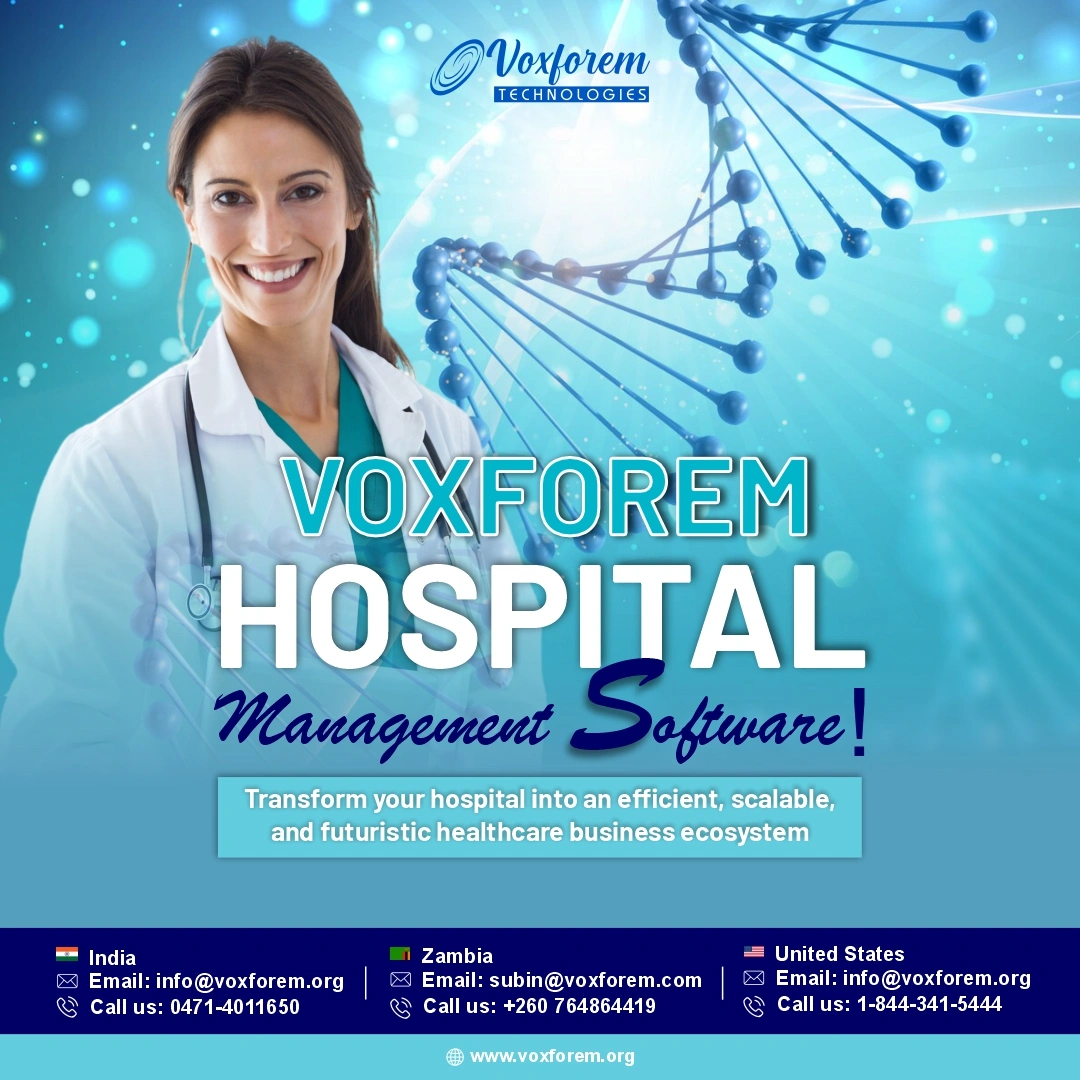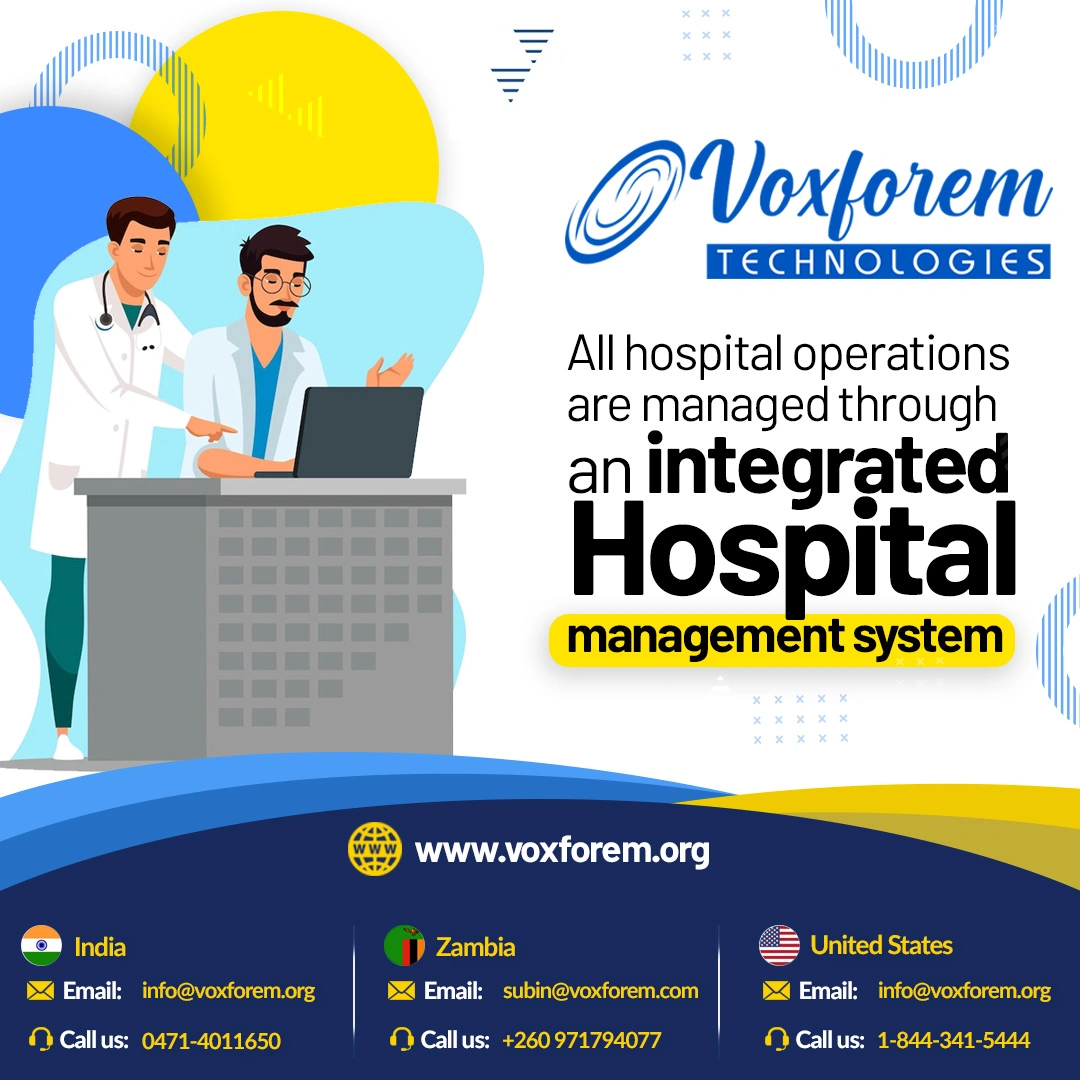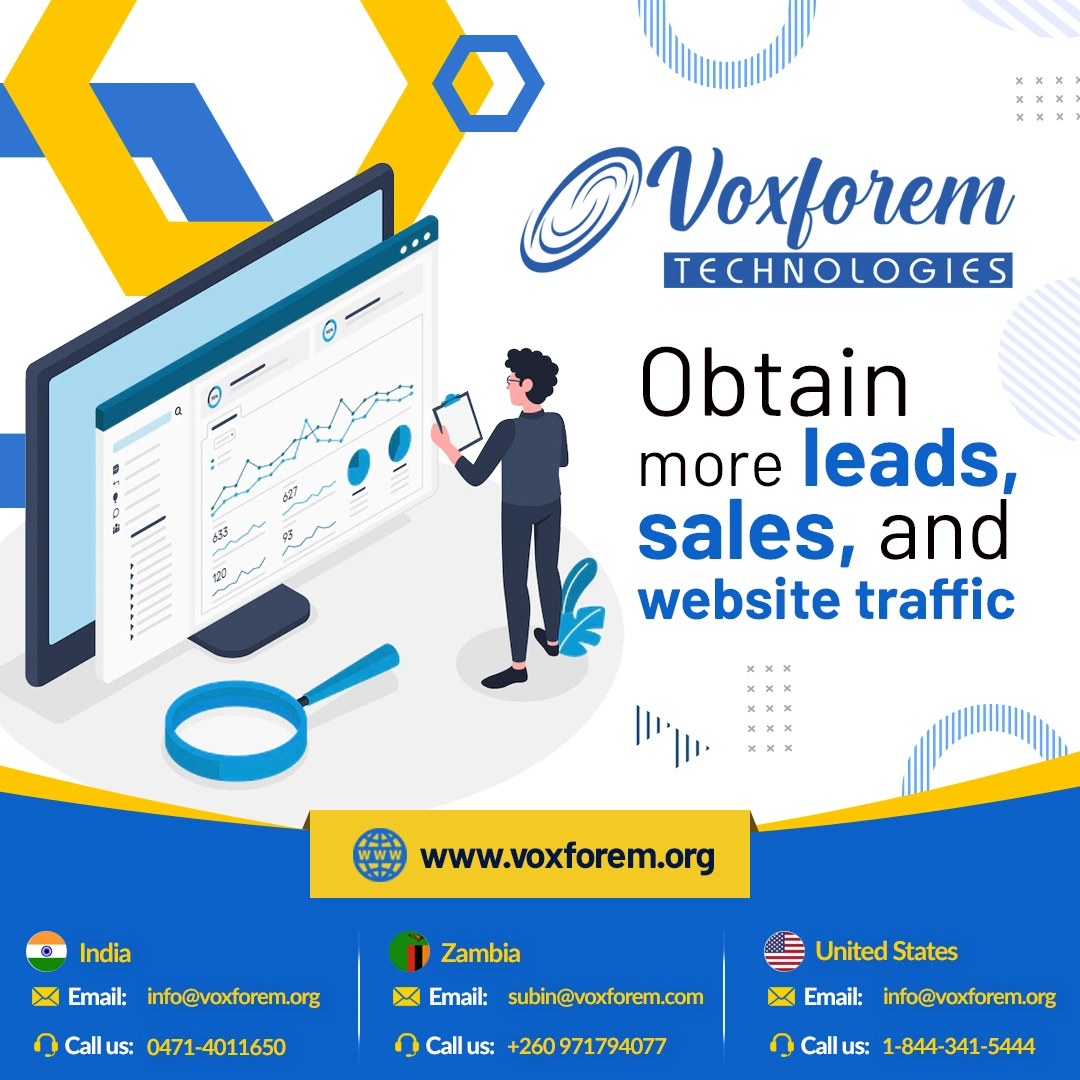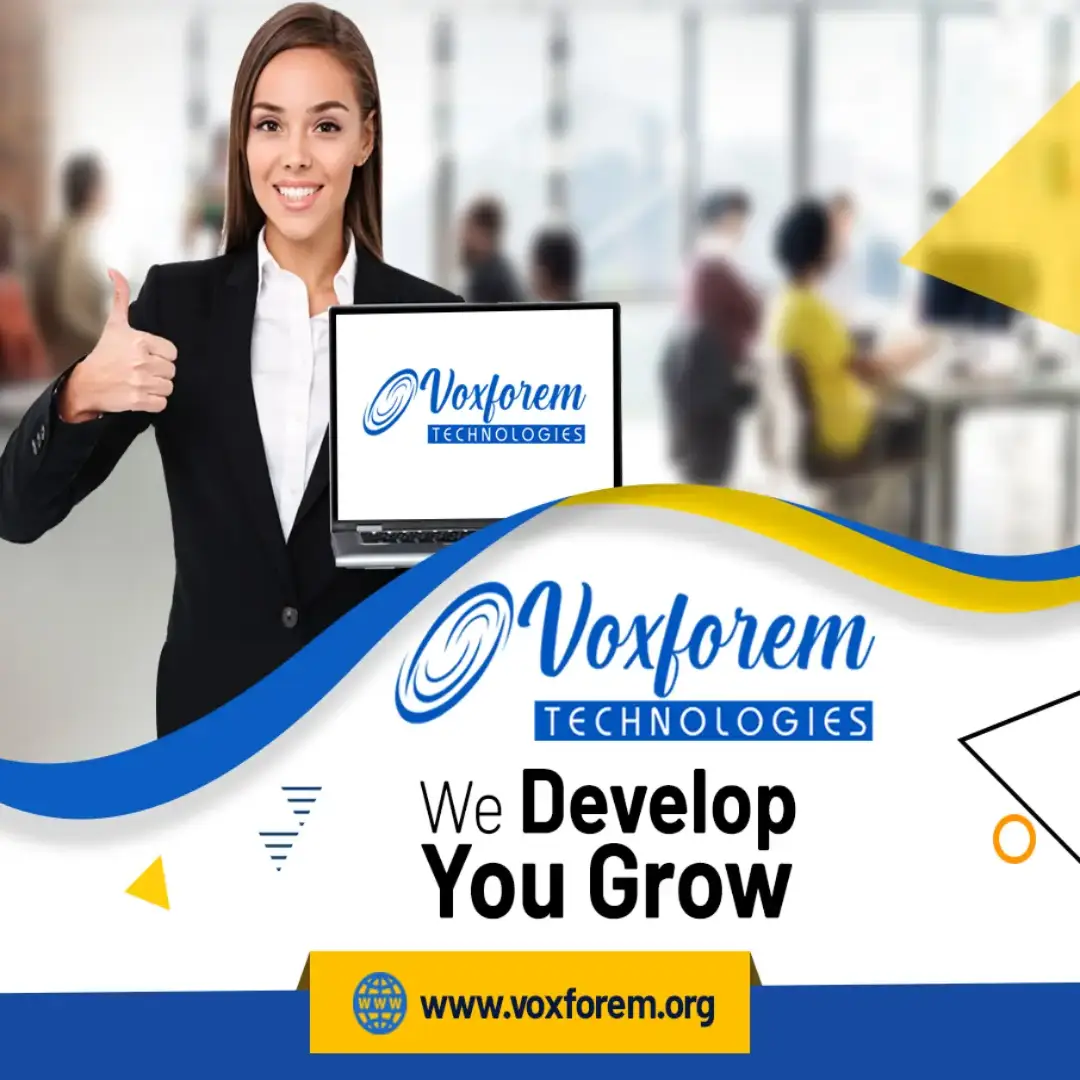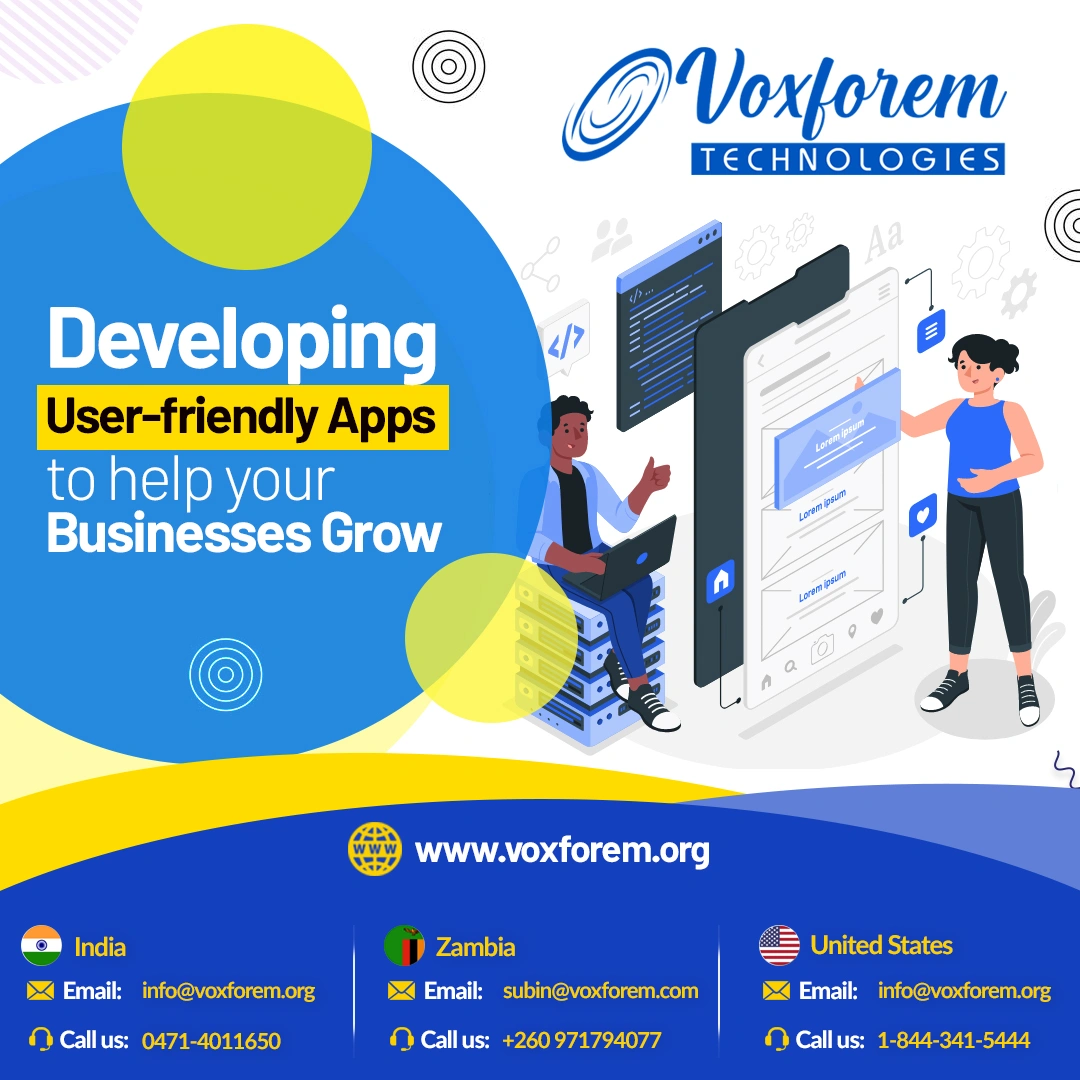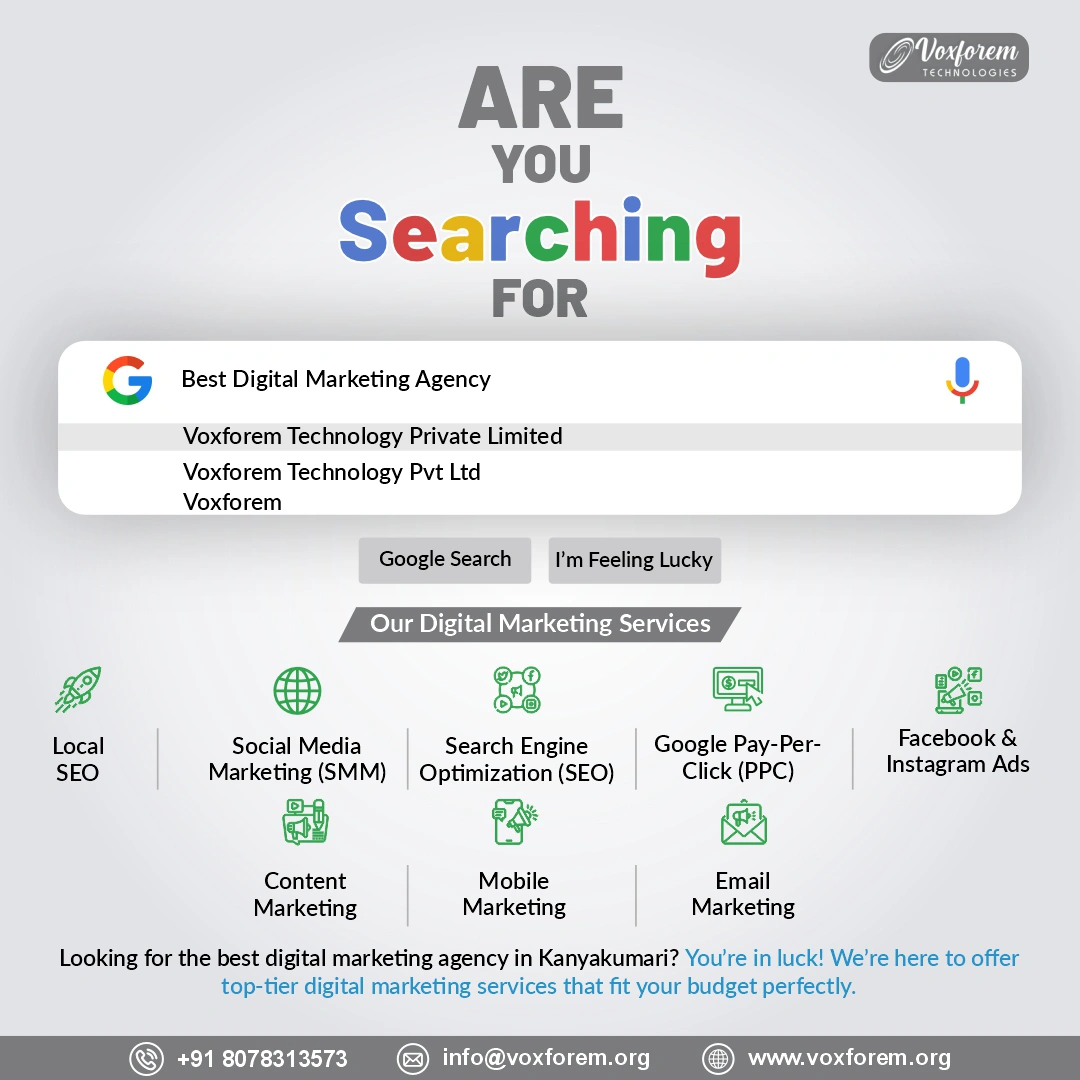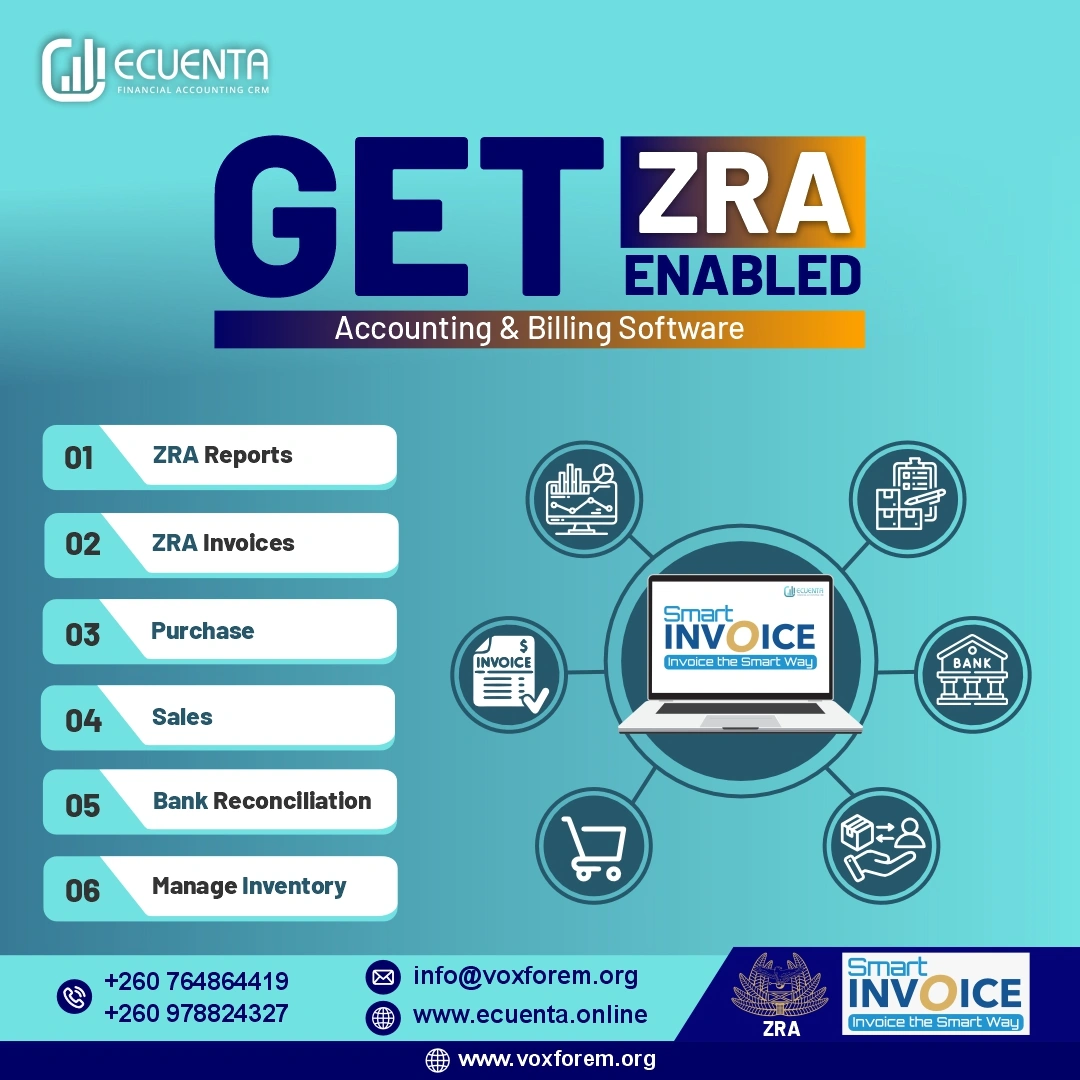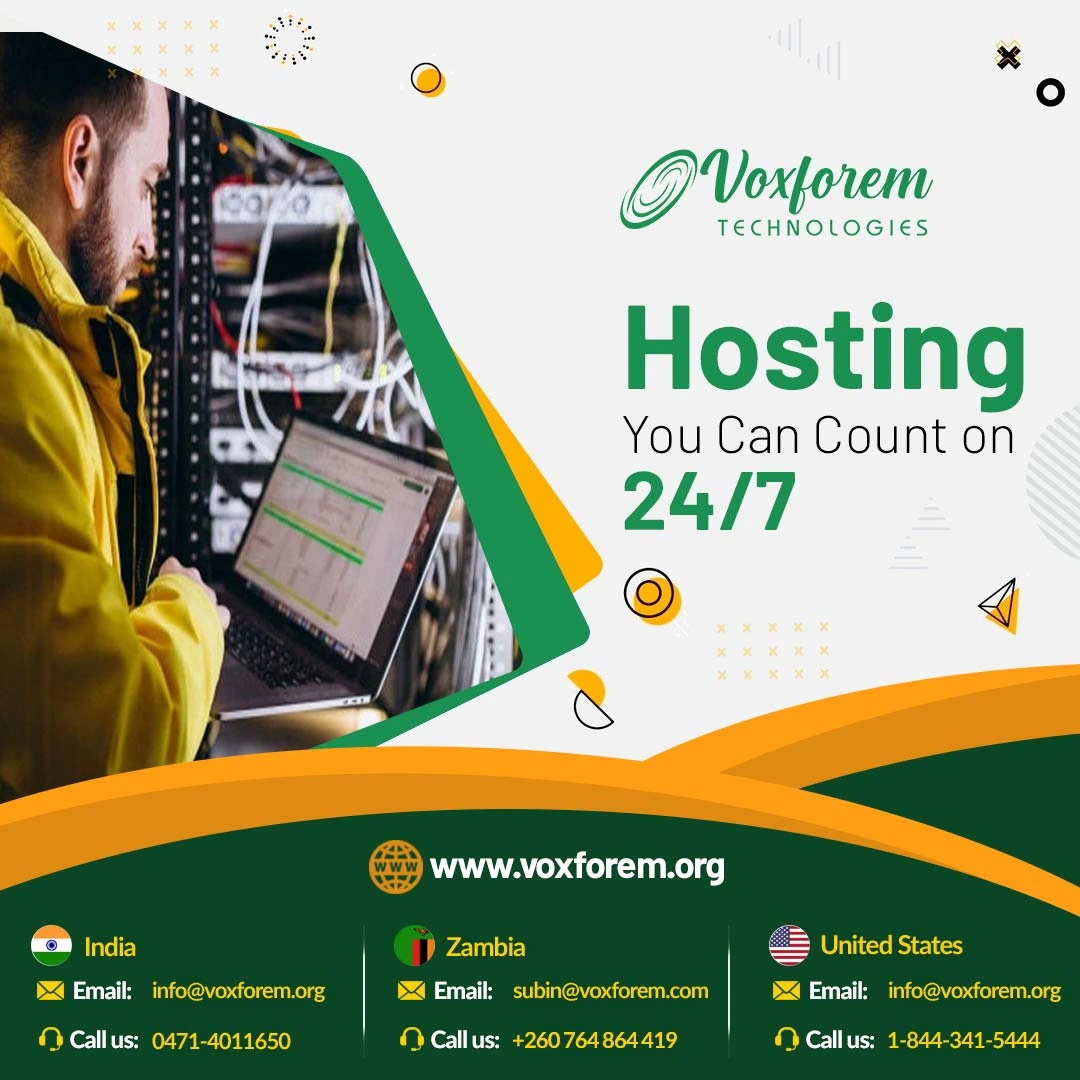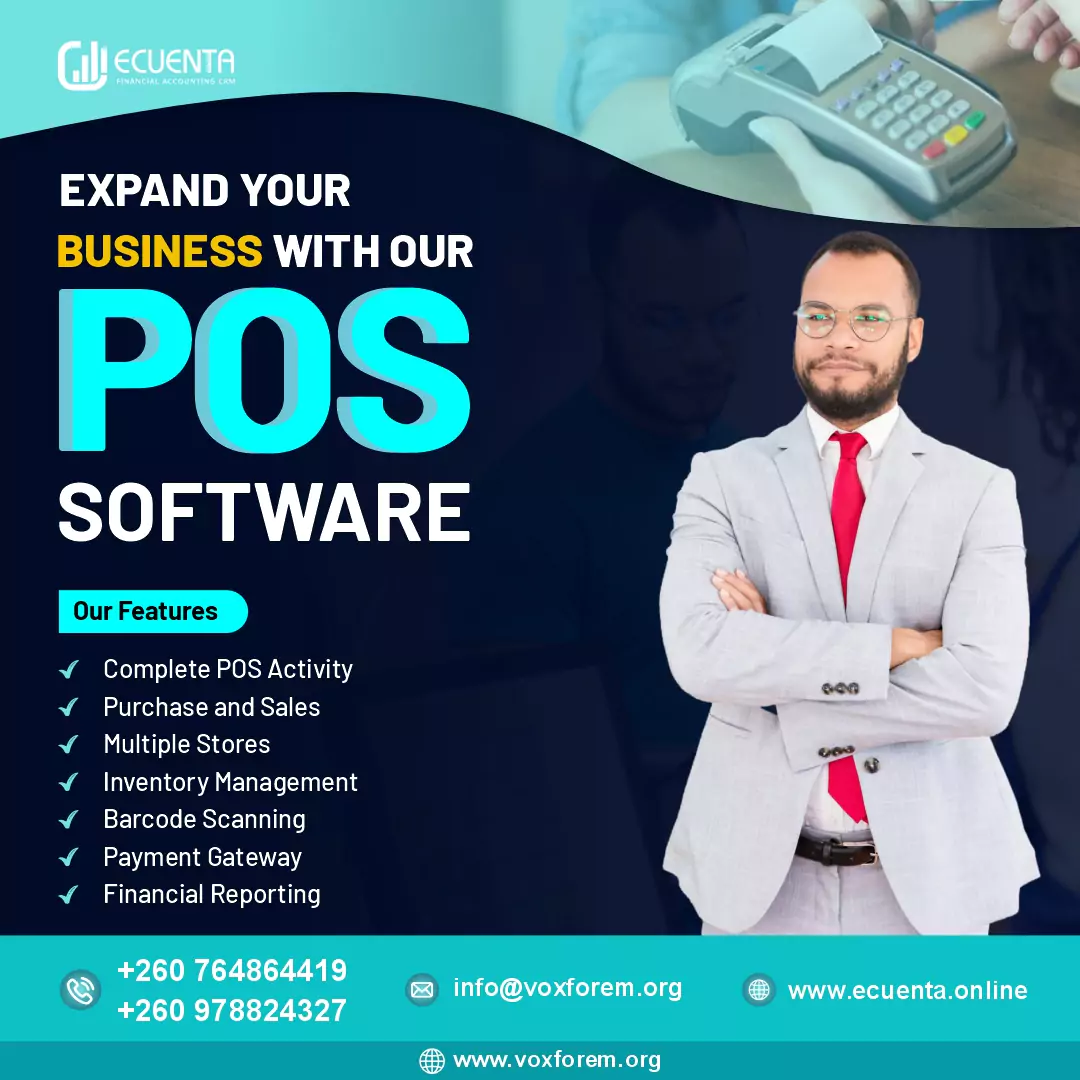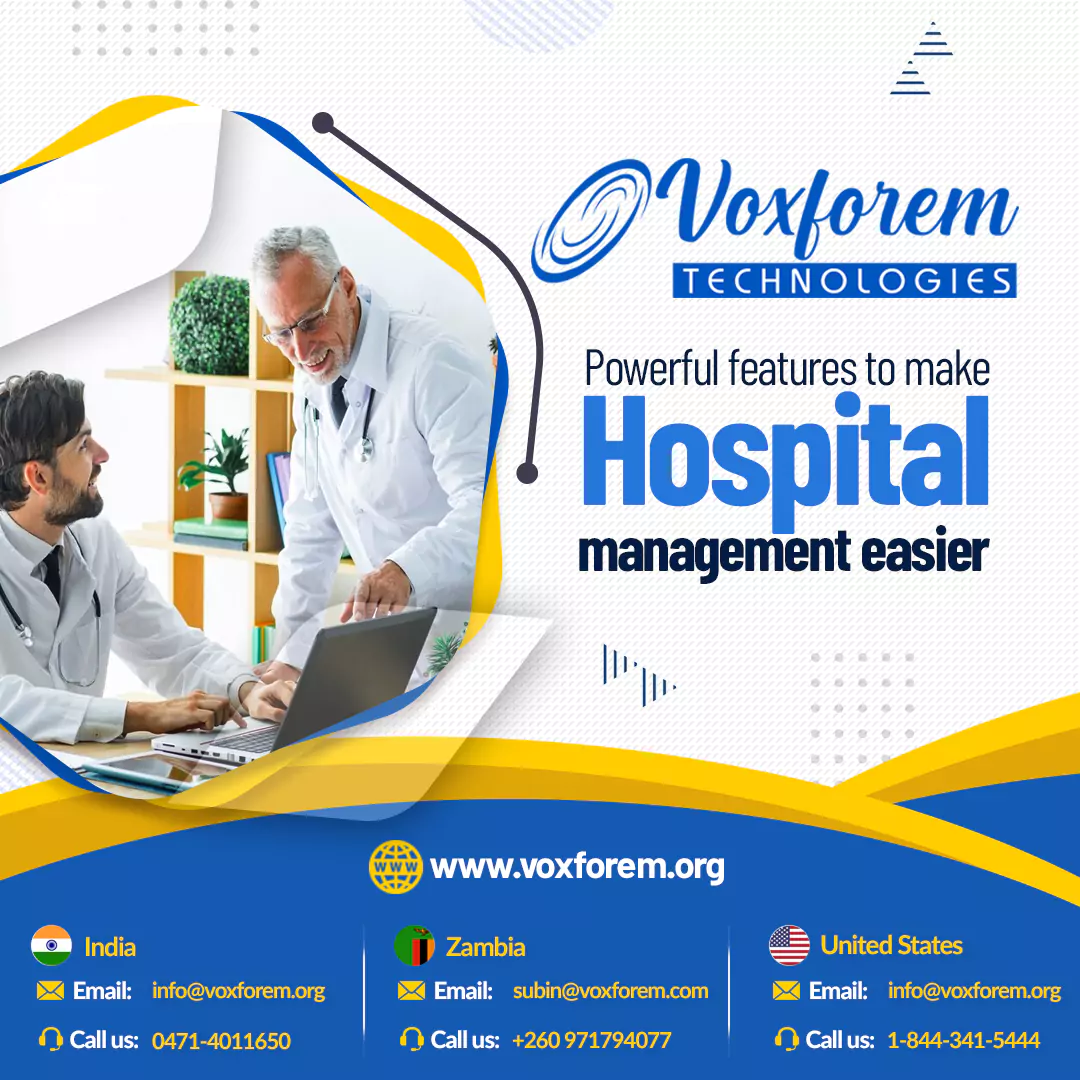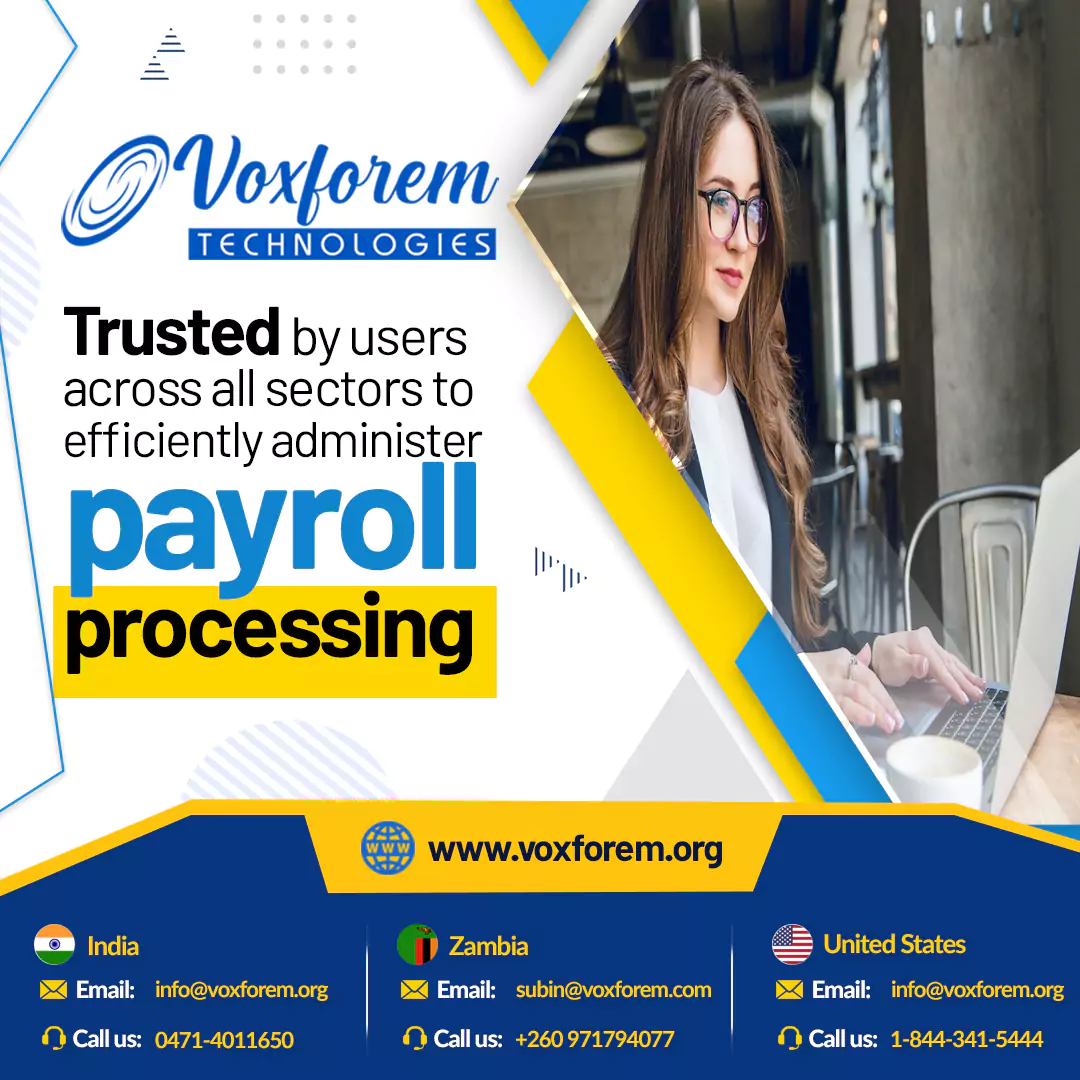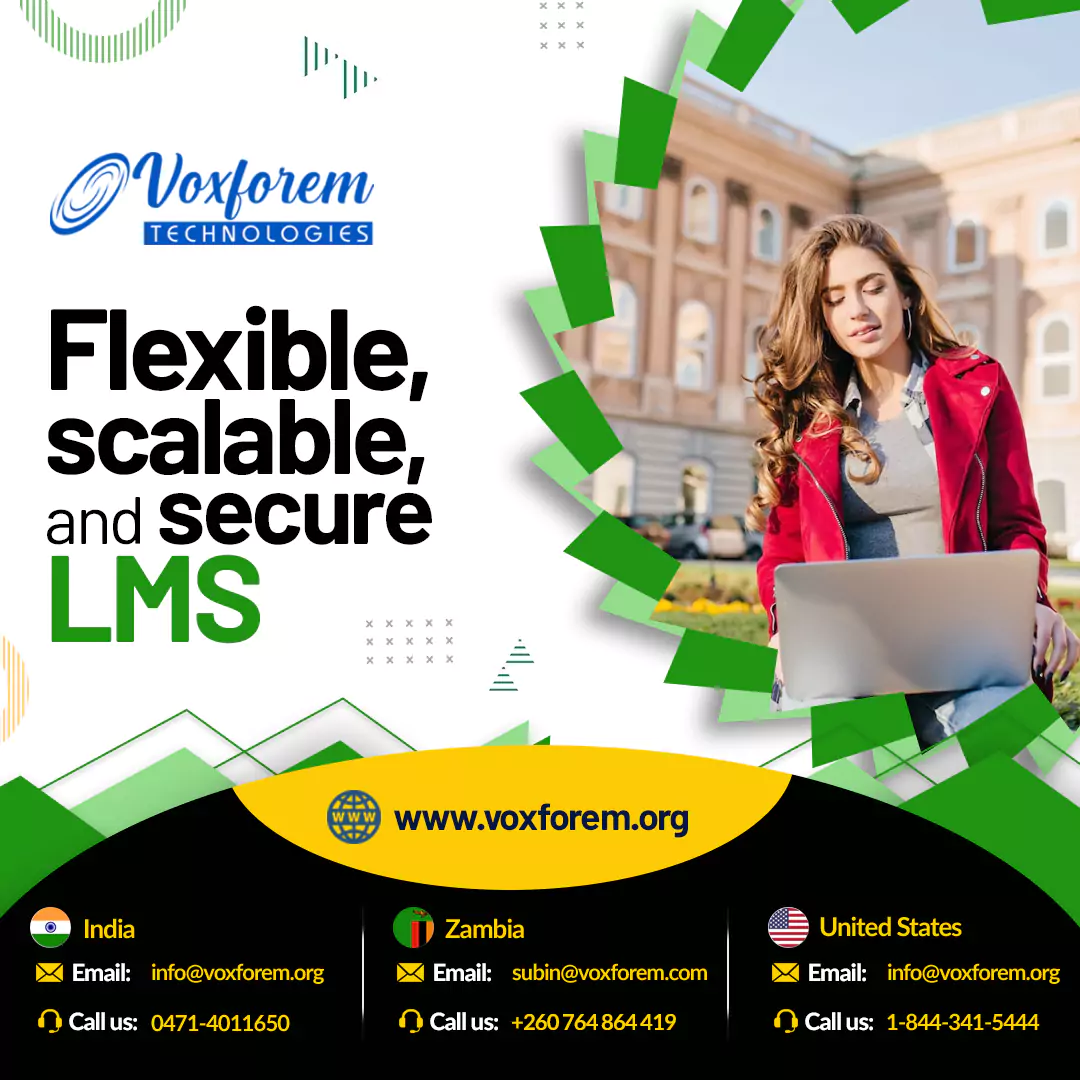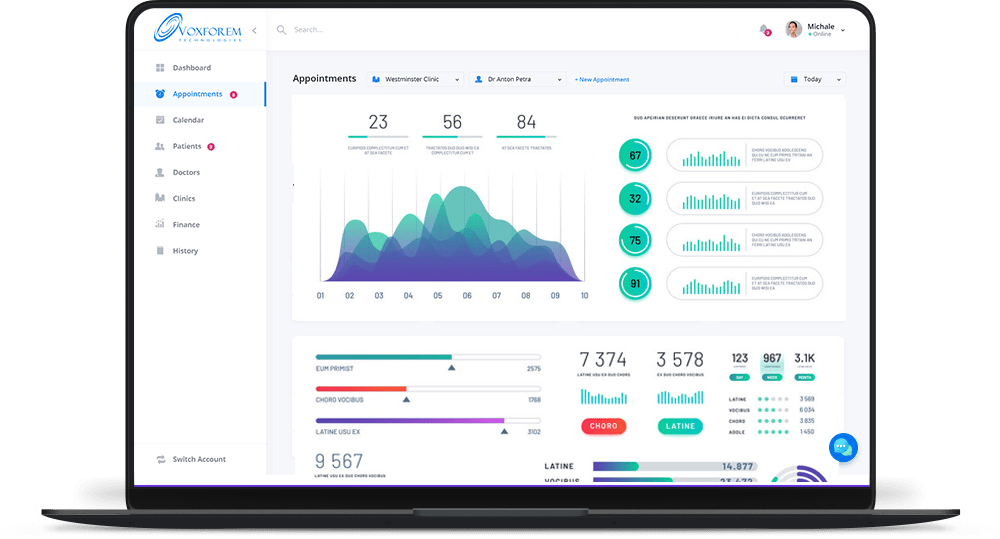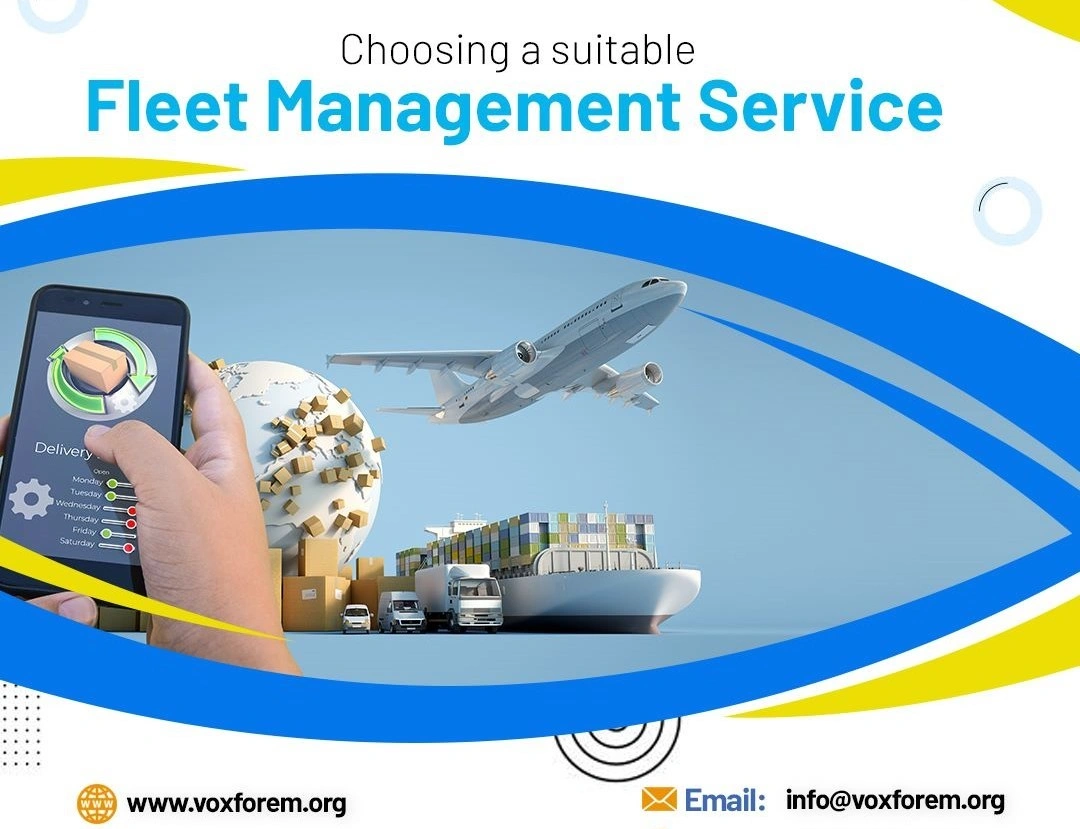
Driving Efficiency in Zambia’s Transport & Logistics Industry with ERP Solutions
Is Your Logistics Business Struggling with Delays, Manual Processes, or Revenue Leaks?
Zambia’s transport and logistics sector forms the backbone of its economy, ensuring goods move across provinces, borders, and industries—from mining in the Copperbelt to agricultural exports from Central Province. But while roads connect locations, most logistics businesses still operate with disconnected systems, paper-based processes, and slow communication. The result? Inefficiency, costly delays, and limited growth.
If you’re a Zambian business owner—whether running a small transport firm in Kitwe or a nationwide logistics network—you already know the pressure: manage fuel costs, meet delivery deadlines, maintain vehicle fleets, stay ZRA compliant, and still keep customers satisfied
The solution? A transport and logistics ERP software tailored to the Zambian market.
What is ERP Software and Why It Matters for Logistics?
ERP (Enterprise Resource Planning) software integrates various functions of a business—finance, inventory, fleet management, billing, customer service—into a single digital platform. A specialized ERP solution for transport companies does more than manage data; it empowers you with real-time visibility, automation, and control.
For example, instead of tracking fuel manually or juggling spreadsheets for invoices and tax records, a smart ERP web application can automate these tasks, saving hours of work and avoiding errors.
Use Case: A logistics firm in Lusaka used ERP software to automate vehicle maintenance alerts. Result? A 45% reduction in breakdowns and improved on-time deliveries.
Understanding the Zambian Business Landscape
Before diving into features, let’s understand the market:
- SMEs dominate Zambia’s logistics and transport industry, operating fleets of 5–50 vehicles.
- Large enterprises such as mining logistics companies handle cross-border freight and need customs compliance.
- Zambian businesses now face stricter ZRA (Zambia Revenue Authority) digital compliance, including smart invoicing and record-keeping.
- Many businesses still rely on legacy systems or partial software solutions that don’t “talk” to each other.
With these challenges, businesses need scalable ERP software for logistics industry that meets local regulatory requirements while improving operations.
How ERP Software Solves Real Problems in Transport & Logistics
1. Real-Time Fleet Management
Every transport business, regardless of size, needs to know:
- Where their vehicles are
- When maintenance is due
- Which driver is on what route
An ERP software for Transport Company consolidates all this in one place. With GPS tracking integrations, driver logs, and maintenance records, you minimize downtime and maximize fleet utilization.
2. Inventory and Warehouse Visibility
Logistics isn't just moving goods—it's also storing them. Whether temporary storage or warehousing, ERP helps track stock levels, entry/exit logs, and shelf life.
Example: A Lusaka-based courier company used ERP to sync their delivery and warehouse modules—cutting delivery preparation time by 30%.
3. Smart Invoicing and ZRA Compliance
With ZRA moving toward digital tax systems, businesses must maintain accurate, smart invoicing. Modern ERP systems come with ZRA-compliant invoicing modules—automatically generating, archiving, and syncing your billing with tax guidelines.
No more tax penalties or missed deadlines—just smart, automated records.
4. Smarter Supply Chain Management
With ERP in logistics and supply chain management, you can anticipate delays, manage cross-border documentation, and adapt to changing fuel prices or regulatory conditions—all from your dashboard.
Choosing the Right ERP Solution for Your Zambian Business
Let’s narrow it down to practical, actionable tips for businesses looking to adopt ERP:
1. Choose ERP Designed for the Logistics Industry
Generic software won't help you track cargo or manage customs. Look for ERP software for logistics industry with transport-specific modules.
2. Go for Web-Based and Scalable Systems
A cloud-based ERP web application gives you 24/7 access from anywhere—ideal for dispatchers, warehouse teams, and owners alike.
3. Ensure Smart Invoicing and ZRA Compliance
This is non-negotiable. Pick a solution that includes smart invoice capabilities, auto tax calculations, and digital archives.
4. Start Small, Then Expand
For small and medium enterprises, choose an ERP solution where you can begin with essentials (billing, fleet, HR) and add modules later—like inventory, CRM, or analytics.
The Business Impact: What You Gain from ERP in Zambia
Adopting an ERP system isn’t just a tech upgrade—it’s a business transformation tool. Here's how it delivers value:
| Benefit | Impact |
|---|---|
| Fleet efficiency | Better maintenance, reduced breakdowns |
| Cost control | Lower fuel waste, automated expense tracking |
| Customer satisfaction | Faster delivery, real-time updates |
| Tax compliance | Fewer penalties, easier ZRA audits |
| Business growth | Better insights, informed decisions |
“Since implementing ERP, we no longer chase delivery reports or spend days closing monthly accounts. It’s all there, one click away.”
— Owner, Medium Logistics Firm, Ndola
Common ERP Modules for Transport & Logistics in Zambia
Here’s a breakdown of ERP modules Zambian businesses should consider:
- Fleet Management – Vehicle status, fuel logs, driver records
- Finance & Accounting – Smart invoicing, ZRA integration, payroll
- Inventory/Warehouse – Stock tracking, load/unload logs
- Customer Relationship Management (CRM) – Client communication, service records
- HR & Payroll – Staff shifts, timesheets, salaries
- Reporting & Analytics – Business performance dashboards
Final Word: Why Now is the Right Time for ERP in Zambia
As Zambia modernizes its business infrastructure, embracing digital solutions like ERP software is no longer a luxury—it’s a necessity. The competitive edge in logistics lies not just in fast trucks but in faster decisions, accurate data, and automated operations.
Whether you’re a small courier service in Solwezi or a cross-border haulier in Livingstone, the right ERP solution for small and medium enterprises can be your most powerful growth tool.
So, if you’re ready to reduce delays, stay ZRA-compliant, and scale your business smartly—invest in a transport and logistics ERP tailored for the Zambian market.


